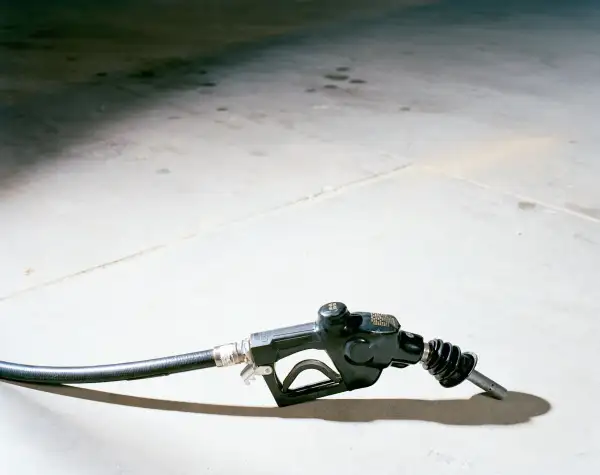How Cheap Gas Can Be Deadly

According to numbers crunched by the Oregonian, traffic fatalities in Oregon jumped 13% in 2014. Preliminary data shows that 352 people were killed in the state due to traffic accidents, up from 313 in 2013. Last year's death total was the highest it's been in Oregon since 2009, when there were 377 traffic fatalities.
At least some of the 2014 spike, the report surmises, can be attributed to gas prices falling lower and lower during the second half of the year. As gas gets cheaper, more drivers take to the roads, and the likelihood of accidents increases.
The phenomenon isn't limited to Oregon. Earlier this week, NPR aired an interview with Guangqing Chi, a sociologist at South Dakota State University whose research reveals it's a foregone conclusion that cheaper gas equates to more accidents (and deaths) on the roads. In one study, a 20¢ drop in gas prices in Minnesota was linked to an extra 15 deaths annually. In Chi's hypothetical estimation, "a $2 drop in gasoline price can translate to about 9,000 road fatalities per year in the U.S."
Still, there is no direct causation, and any surge in accidents in 2014 must be viewed in a historical context: There were routinely around 450 traffic fatalities in Oregon in the mid-'90s, so even with the recent jump in accidents, the roads are considerably safer a decade later. What's more, several states, including Missouri, New York, Tennessee, and Vermont, are actually reporting a decrease in traffic fatalities coinciding with plummeting gas prices last year. It's also unclear to what extent constant improvements in car design and safety features have helped keep fatality tallies down, but surely they factor in.
While Oregon's traffic fatality spike shouldn't be viewed as proof that cheaper gas causes more deaths, what we do know is that—generally speaking, over time—more drivers are out on the roads when prices are low at the pump, and more crowded roads mean more accidents. Chi's research backs this theory up.
It's not just that cheap gas encourages more people to hit the road, however. When gas is expensive, people are more likely to drive like Grandmas—accelerating slowly and cautiously, braking hard only when it's absolutely necessary, using cruise control or just maintaining a steady speed on highways. Drivers may be doing so primarily because these techniques help you get the best fuel economy, but it's also pretty obvious that driving in this manner is simply safer.
Driving like a jerk, on the other hand, has been shown to be costly in more ways than one. A 2012 GM study estimated that people who don't bother with "smart driving" techniques like accelerating slowly and keeping the car at 70 mph rather than 80 mph on highways could expect to pay up to $100 more in gasoline per month. And it's easy to see how speeding and stomping on the gas and brake pedals hard—which we're more likely to do when gas prices are cheap—can result in more accidents.
